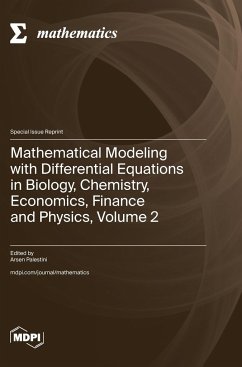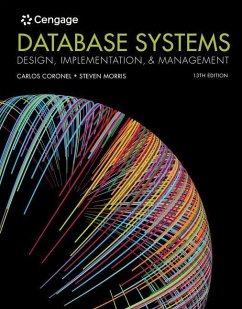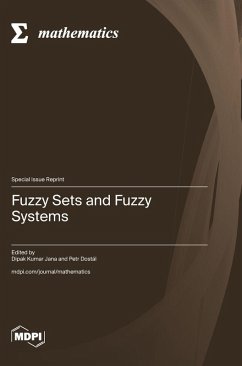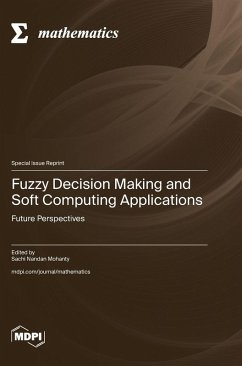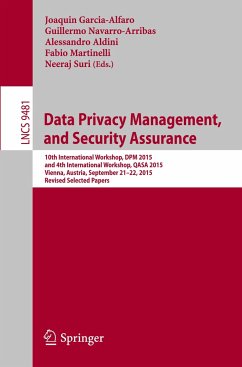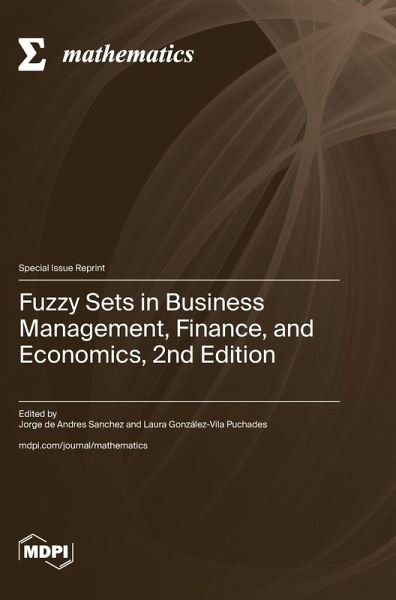
Fuzzy Sets in Business Management, Finance, and Economics, 2nd Edition
Versandkostenfrei!
Versandfertig in 1-2 Wochen
106,99 €
inkl. MwSt.

PAYBACK Punkte
53 °P sammeln!
Since the publication of Lotfi A. Zadeh's seminal paper "Fuzzy Sets" in 1965 within the journal Information and Control, there has been constant growth in the theoretical developments and practical applications of fuzzy set theory and related mathematical tools. These tools have been applied widely, both by industry and academic research, to decision-making and economics due to their versatility. On the one hand, they can efficiently represent and handle uncertain and vague information such as subjective judgements, non-precise observations on variables, or ill-defined relations between variab...
Since the publication of Lotfi A. Zadeh's seminal paper "Fuzzy Sets" in 1965 within the journal Information and Control, there has been constant growth in the theoretical developments and practical applications of fuzzy set theory and related mathematical tools. These tools have been applied widely, both by industry and academic research, to decision-making and economics due to their versatility. On the one hand, they can efficiently represent and handle uncertain and vague information such as subjective judgements, non-precise observations on variables, or ill-defined relations between variables. On the other hand, they make implementing computations or identifying patterns in data much easier. To do so, fuzzy set theory provides a lot of mathematical techniques in fields such as fuzzy data analysis, fuzzy multiple criteria decision making, fuzzy set qualitative comparative analysis or fuzzy expert systems. Business management, decision-making, or the evaluation of public policies are some examples of practical applications in these fields. This Special Issue has provided a platform for researchers from academia and industry to present their novel works in the domain of applied developments of fuzzy sets and related methodologies for business, financial, and economic analysis. We hope that these results will help to foster future research in the fields of economics and social sciences.





